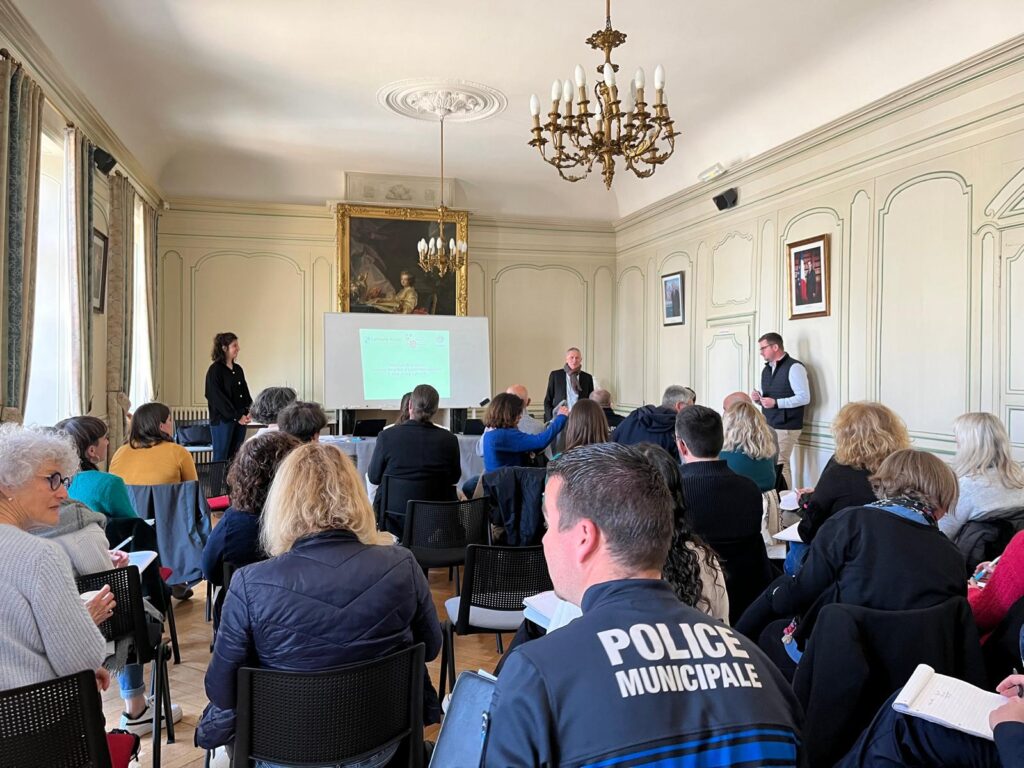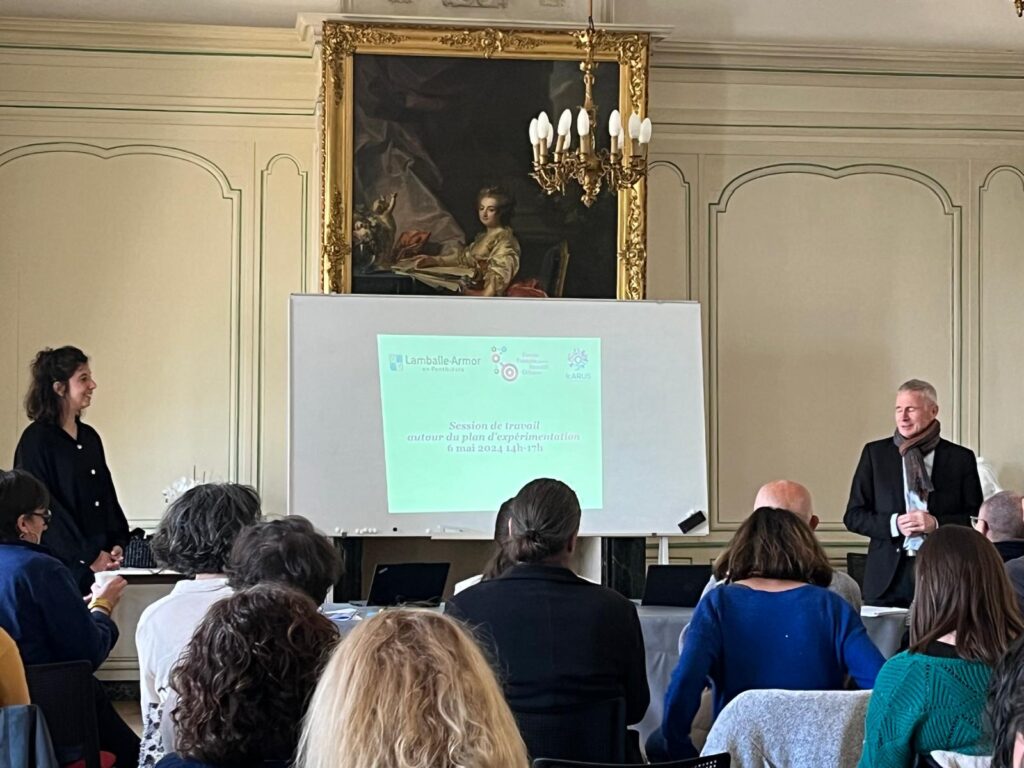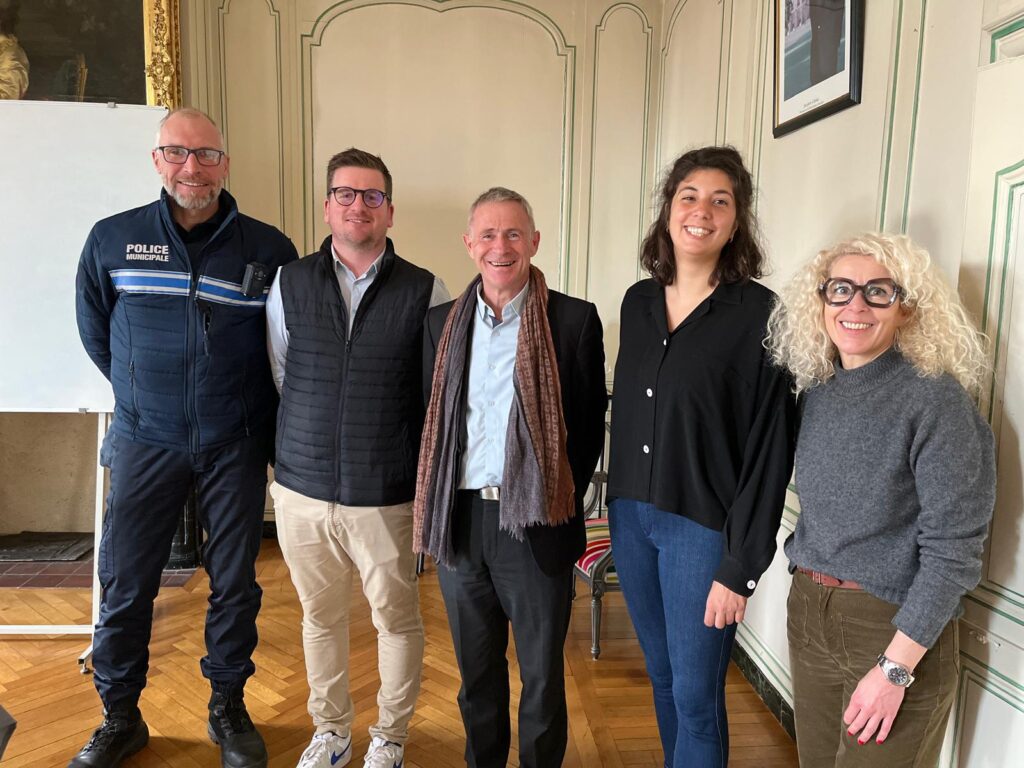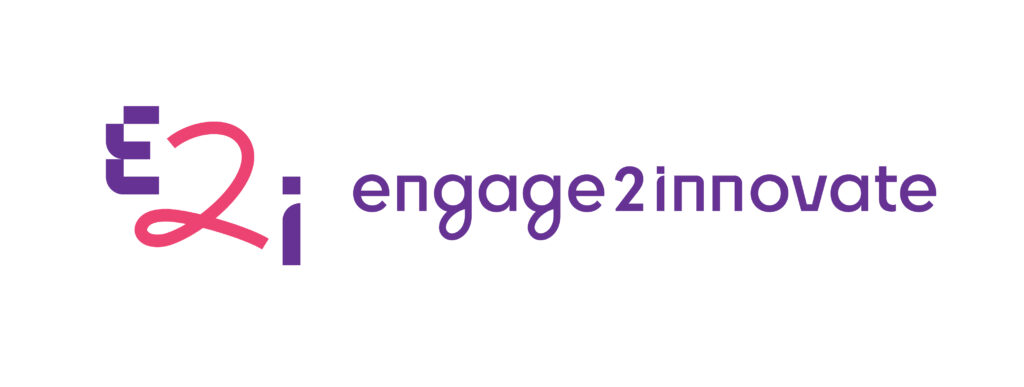Month: May 2024
IcARUS methodology in Lamballe-Armor
On 6 May, the municipality of Lamballe-Armor organised an afternoon to work with local stakeholders on urban safety projects for the town. We were lucky enough to be invited to share our experience and the IcARUS methodology.
Over the past few months, the French Forum for Urban Security and the town of Lamballe-Armor have been conducting a participatory study of the town centre to identify and qualify the issues relating to urban safety and public tranquillity in the city. As a result of this study, recommendations were drawn up jointly with the partners, and the municipality wished to continue to involve local stakeholders in imagining how they could be implemented.
School principals, hospital directors, local policemen, elected representatives, representatives of associations and city departments – in other words, over 30 local players – got together to imagine local experiments!
We drew on the experience and lessons learned from IcARUS to design the workshop. We were able to share the approach and adapt the methodology to the needs of the municipality of Lamballe-Armor.
After an introduction by the Mayor and a summary presentation of the results of the study, the participants had time to appropriate and draw inspiration from the ideas for action. They then worked in groups on prototypes, identifying ways of testing the proposals before rolling them out on a large scale.
A great success in terms of local mobilisation, which will feed into the implementation of the city’s projects!




Riga tool about implementation

What has IcARUS taught us? Beginning the evaluation phase
Over the last three and a half years, our-multi-stakeholder consortium has been working tirelessly to co-produce, co-develop and co-deliver innovative prevention tools, in the pursuit of addressing some of the most challenging urban security concerns: safe public spaces, juvenile delinquency, radicalisation, and organised crime and trafficking. As we move toward the final stages of our four-year endeavour, we bring together all of the work of our partners in understanding the highlights and challenges of such a forward-thinking approach.

The University of York, alongside the Erasmus University Rotterdam are undertaking a comprehensive evaluation process across three key phases: training, delivery and outcomes. Taking indicators developed by Erasmus, we have begun an holistic analysis to understand how each tool has met the tailored objectives for each of the cities. We have observed training events across all cities, and obtained feedback from both trainers and trainees. We have implemented attitudinal / behavioural change surveys to understand the impact of tools on those in receipt of them, conducted observations of events and demonstrations to identify engagement levels, and administered focus groups with stakeholders and participants to assess satisfaction, understanding and sustainability, amongst a host of other measures.
Further, we are also assessing the extent to which each tool has met the objective principles of IcARUS. This involves examining how the tools have understood, incorporated and delivered in relation to communication, building trust, promoting gender-inclusivity, gaining political backing and creating tool sustainability. This not only enables us to speak to our overarching mission of the IcARUS project, to provide innovative, human-centred preventative solutions for urban security concerns, but to ensure that we can deliver lasting impact beyond the lifespan of the project.
Oversight and organisation of the evaluation work has been divided – York is responsible for Nice, Stuttgart and Riga, and Erasmus is responsible for Lisbon, Turin and Rotterdam. So too, our evaluation methods are varied and tailored to the particular tool and city. Nonetheless, our guiding principle is centred on providing space for the voices of those involved at the different stages of the tool to be heard. This is critical for several reasons. Firstly, hearing from different voices, at different stages of the process, ensures that our evaluation considers the multiplicity of experiences which have occurred throughout the tool’s lifespan. Secondly, it enables us to account for and reflect on the multi-layered challenges faced by different stakeholders involved in the process. Thirdly, it provides an evidence-base for identifying challenges and proposing solutions. Finally, it enables us to holistically reflect on the benefits and importance of multi-stakeholder solutions to urban security challenges.
As we move forward, we will turn our attention to analysing the rich datasets obtained through the efforts not only on our part but critically also by our city partners and their stakeholders. Our results will be presented towards the end of the project, where we hope to share not only important insights into the lessons learnt during IcARUS, but also a series of evidence-based recommendations which will ensure each of our tools continue their important work beyond our project end date.

Engage2innovate Symposium – Realising Security Innovation

This two-day event in Brussels for security policymakers, practitioners and researchers is the inaugural symposium of the Horizon Europe-funded Engage2innovate security research project. Speakers and delegates will discuss empowering impactful security R&I outputs.
Realising Security Innovation will present and discuss the results of E2i research examining what constitutes real security innovation including:
● How can the implementation and impact of European security innovation be increased?
● How might security researchers, practitioners and policymakers be inspired and enabled to deliver more effective and impactful innovation?
● What tools and approaches might help security R&I projects build implementation into their ‘solutions’ more effectively — transforming them from ‘inventions’ into true ‘innovations’?
Realising Security Innovation will present and discuss the results of E2i research examining what constitutes real security innovation. The event will open with a keynote address from Nicolas Bessot, Head of Innovation and Security Research Unit at the Directorate-General for Migration and Home Affairs of the European Commission.
The symposium will include presentations, discussions and — on day 2 — a DesignLabworkshop. This interactive group session will explore the potential for human-centred social innovation as an enabler of security solutions, and collaboratively investigate and develop conceptual models that might describe this.
Realising Security Innovation will critically explore different approaches said to foster the implementation of R&I project outputs — including end-user and citizen engagement, Social Innovation, and Responsible Research & Innovation (RRI).
Attendance, including lunch and refreshments, is FREE.
More details on E2i are available on the project website www.Engage2innovate.eu
#E2iSymposia

subscribe to be the first to receive icarus news!
Know what we've been up to and the latest on the European urban security frame.








